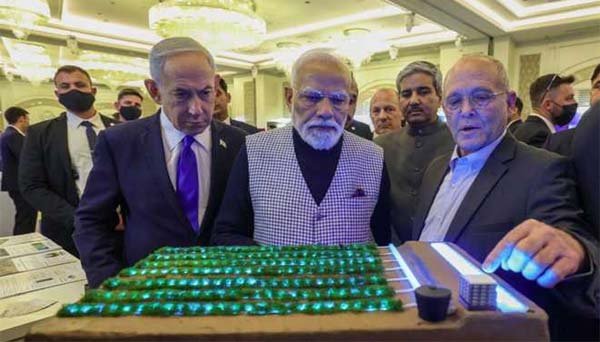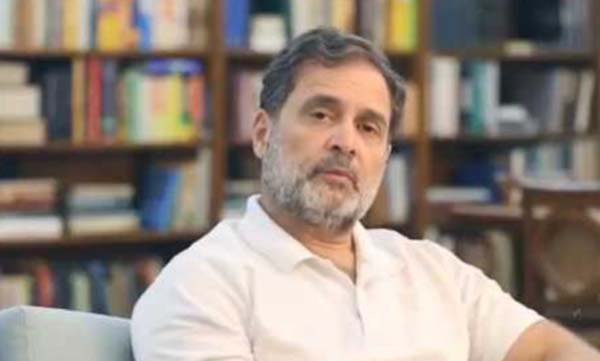By BD Narayankar
Bengaluru, (UNI) Nestled in the tranquil landscape of Melur near Siddalaghatta, about 50 km from Bengaluru, the Deuce Tennis Centre (DTC) is more than just a new facility for wheelchair tennis — it is a bold vision realised. A vision grounded in collaboration, inclusivity, and the ambition to build an evolving, accessible tennis ecosystem in India.
Inaugurated on Saturday, the DTC is the country’s first Centre of Excellence for Wheelchair Tennis. But beyond its state-of-the-art infrastructure and specialised training for athletes with physical disabilities, it stands out for its underlying ethos — fostering unity among all stakeholders in the tennis fraternity, with inclusivity and shared progress at its core.
At the heart of this initiative is Sunil Jain, entrepreneur and social advocate, whose vision, backed by Astha — a non-profit championing the rights of persons with disabilities — has now taken tangible form. For Jain, the goal is clear: to dismantle barriers in Indian tennis and create a platform where athletes, coaches, institutions, and corporates collaborate seamlessly.
“Right now, that kind of collective unity is missing,” Jain told UNI in an interaction. “We want to put tennis at the centre and let everyone involved come together around it.”
The message extended well beyond infrastructure. It was about transforming the culture of tennis in India, making it more democratic, inclusive, and widely accessible. Jain acknowledged that while the inauguration was a milestone, the path ahead would be long and demanding.
“We are here to build more than a tennis facility,” he said. “This programme aims to democratise tennis in India, to make it a sport everyone can be part of.”
His words strike a chord, especially against the backdrop of challenges faced by people with disabilities in India, where para-sports infrastructure has long been lacking. But Jain remains undeterred. The DTC, he believes, is just the beginning.
Wheelchair tennis remains one of the most underrepresented sports in India. Former Davis Cup player and wheelchair tennis advocate Srinath Pralhad underscored the neglect faced by para-athletes.
“In our country, the infrastructure to support wheelchair tennis is practically non-existent,” he told UNI, drawing from personal experience. “It’s a sport that has neither been heard of nor taken seriously by federations or regional bodies.”
For Srinath, DTC represents a significant turning point. “This is a great first step,” he noted. “We need widespread participation. Only then can we move towards creating a robust ecosystem — with enough players, trained coaches, and institutional support.”
His observations underscore a stark reality: while nations like the US and France have produced global wheelchair tennis champions, India is yet to build a comprehensive support system for such talent. The DTC is a determined effort to bridge that gap.
The broader message behind the inauguration resonated clearly — the transformation of Indian tennis hinges on collaboration and inclusivity. The DTC is not merely a training ground, but a symbol of change. A space where physical and societal barriers are being dismantled.
The vision is simple yet profound: to create a tennis culture that is open, accessible, and empowering for all. As Jain aptly summed up, “This is just the beginning. The road ahead is long, but together, we can make tennis in India a sport that truly belongs to everyone.”











